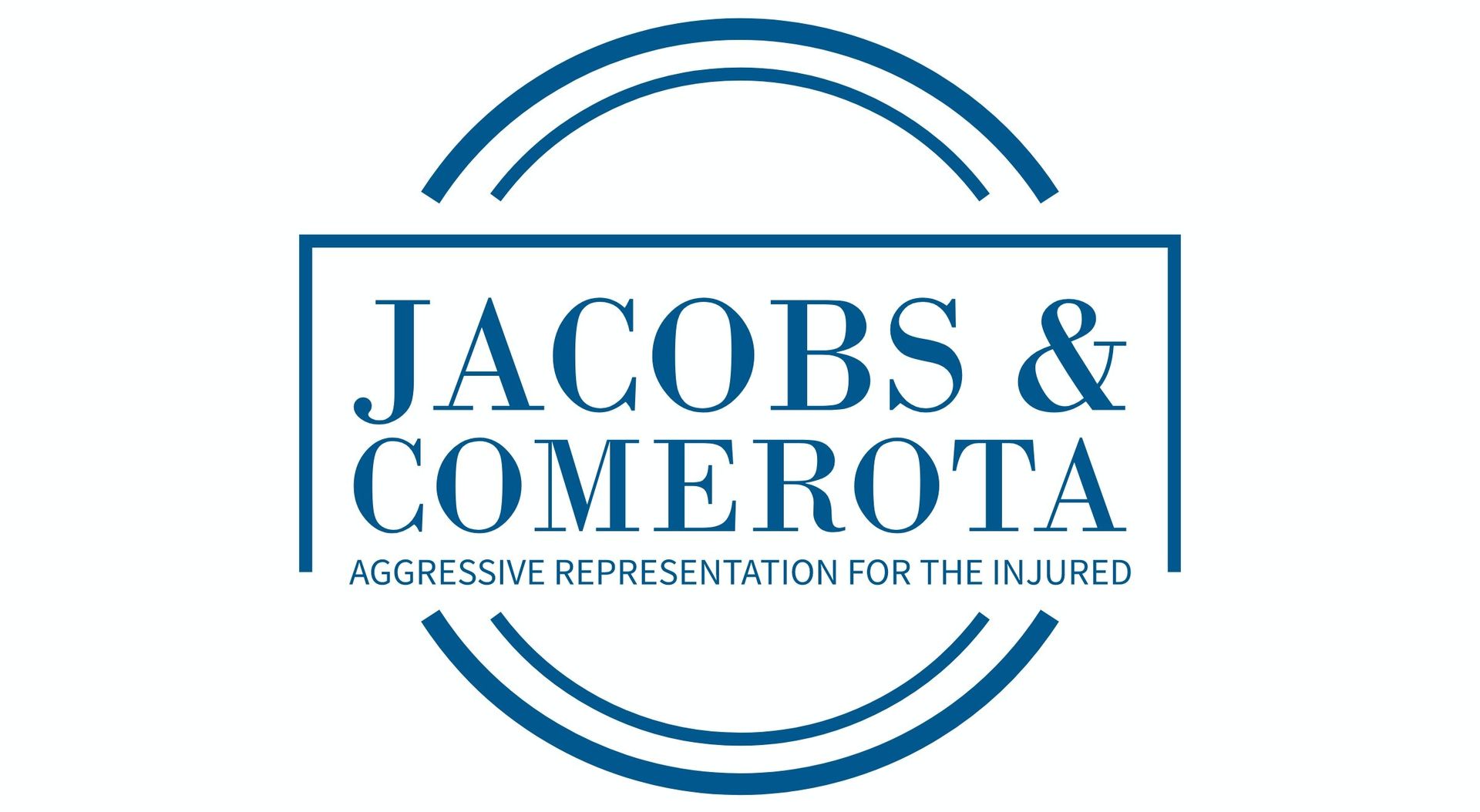3 Things You Should Know Before Hiring a Personal Injury Lawyer
By Todd B. Jacobs | September 11, 2025
Understanding the importance of hiring a skilled personal injury lawyer can be daunting. This article outlines key considerations to make the process smoother and ensure you select the right professional to handle your case. Personal injury law is a vast field that requires expertise and experience to navigate successfully. According to IBISWorld, the personal injury law sector in the U.S. was valued at approximately $61.3 billion in 2024. The challenge lies in selecting one that aligns with your specific needs and case requirements.
1. The Role of a Personal Injury Lawyer
1.1 Personal Injury Law
Firstly, personal injury law, also known as tort law, allows individuals to seek compensation for wrongs endured due to another's negligence. This area encompasses various case types such as slip and fall incidents, car accidents, medical malpractice, and workplace injuries. Each case type involves unique legal challenges requiring tailored strategies for resolution. Lawyers specializing in this field are tasked with proving negligence and quantifying damages for fair compensation. Understanding these aspects is crucial in selecting a lawyer who can effectively advocate on your behalf.
1.2 Responsibilities of a Lawyer
A personal injury lawyer's primary responsibility is to provide legal representation and advocacy for their client. They are involved in tasks such as filing claims, negotiating settlements, and representing clients in court. The lawyer also provides counsel on the potential outcomes and advisability of settling versus pursuing litigation. Effective lawyers also help clients understand the complex legal procedures and ensure all legal documents are accurately completed. This guidance is vital as it can influence the final compensation recovery.
1.3 Common Misconceptions
There are many misconceptions surrounding the role and capabilities of personal injury lawyers. A prevalent myth is that hiring a personal injury lawyer is excessively expensive with no guarantee of winning. In reality, many operate on a contingency fee basis, which means they only receive a fee if the case is successful. Another misconception is that hiring a lawyer ensures a rapid resolution. Legal processes often take time, and a good lawyer should manage expectations and timelines from the onset.
1.4 The Importance of Experience
Furthermore, the experience of a personal injury lawyer can significantly influence the outcome of your case. Experienced lawyers are better equipped to anticipate challenges and navigate complex legal procedures effectively. They are also more adept at negotiating with insurance companies and opposing counsel for the best settlement. Lawyers who have a proven track record in the courtroom can also leverage their reputation in negotiations and trials. Consequently, selecting an experienced lawyer increases the likelihood of a favorable outcome in your case.
1.5 Specialized vs. General Practice
When choosing a lawyer, one major decision is whether to hire a specialist or a general practitioner. A specialized personal injury lawyer has dedicated their practice to this field and will be more knowledgeable about the latest legal precedents and strategies. Conversely, a general practitioner may lack the specific insights required for intricate personal injury cases. The growing value of the sector emphasizes a competitive environment where specialization can greatly enhance case outcomes. Therefore, for complex cases, a specialized lawyer is often the recommended choice.
2. Your Legal Needs
2.1 The Complexity of Your Case
Evaluating the complexity of your case is a crucial step before hiring a lawyer. This involves understanding all the factors, including the parties involved, the extent of injuries, and available evidence. Complex cases, such as those involving multiple parties or severe injuries, require more experienced legal representation. Determining these aspects early can help narrow down your lawyer options to those best equipped to handle such intricacies. Notably, the more complex the case, the more likely it is to benefit from specialized legal expertise.
2.2 Scope of Injuries
The severity and scope of your injuries can greatly affect the legal proceedings of your case. Cases involving serious injuries or long-term disability often require more detailed evidence and expert witnesses. The complexity increases as there is a need to prove the full extent of the impact on your quality of life. A skilled lawyer adept at handling such cases is essential to accurately demonstrate these effects and recover rightful compensation. Notably, the recovery for serious injuries often includes not just medical expenses but also future financial impact.
2.3 Financial Considerations
Additionally, financial planning is another important consideration before hiring personal injury lawyers. Understanding the costs involved can help you prepare and avoid potential financial strain. While many lawyers work on a contingency fee basis, other associated costs can include court fees and expert witness fees. Assessing these expenses against potential compensation is an essential part of the decision-making process. Proper financial planning ensures that you can sustain the legal journey while aiming for the best possible outcome.
2.4 Necessary Documentation
Successful personal injury cases are often built on a foundation of strong documentation. Essential documents include medical records, police reports, eyewitness statements, and photographic evidence. Collecting and organizing these documents before consulting a lawyer can significantly streamline the initial assessment. Moreover, thorough documentation strengthens your case by offering tangible proof of your claims. Lawyers rely on this evidence to negotiate settlements or present a compelling case in court.
3. Research and Resources
3.1 Online Research
Continuing, conducting online research is a valuable starting point in selecting a potential personal injury lawyer. Websites of law firms provide detailed insights into the lawyers' experience, specialties, and past case outcomes. Additionally, online platforms offer client reviews and testimonials, which can provide a sense of the lawyer's reputation and reliability. It is beneficial to shortlist prospective lawyers whose experience aligns with your case type. Utilizing online resources efficiently can lead to informed decisions and a narrowed list of candidates.
3.2 Recommendations and Referrals
Another effective way to find a suitable lawyer is through recommendations from friends, family, or acquaintances. Personal referrals can provide insights into the lawyer's communication skills, professionalism, and success rate. Recommendations from individuals who faced similar legal challenges can be particularly useful. However, it's crucial to remember that every case is unique, and what worked for one may not necessarily work for another. Cross-referencing recommendations with online research can offer a well-rounded perspective.
3.3 Checking Credentials and Reviews
Verifying a lawyer's credentials and client reviews is a critical step before engagement. Reviewing a lawyer's bar association standing ensures they are in good standing and qualified to practice. Client reviews and testimonials provide first-hand accounts of others' experiences, offering valuable insights into the lawyer's reliability and effectiveness. It's important to look for patterns in reviews rather than isolated comments. This comprehensive assessment aids in selecting a lawyer who aligns with both your legal needs and personal preferences.
3.4 Legal Associations
Contacting reputable legal associations can provide recommendations for qualified personal injury lawyers. Many bar associations have referral services that connect individuals with lawyers specializing in their specific legal issue. These recommendations are often vetted, ensuring a higher level of reliability. Moreover, legal associations can provide additional resources and support during the lawyer selection process. Utilizing these networks can greatly enhance your chances of finding a suitable legal representative.
Choosing the right personal injury lawyer is a crucial decision that can significantly influence the outcome of your legal journey. Armed with the right knowledge and prepared with this comprehensive guide, you can make an informed choice that aligns with your needs and expectations. Contact Jacobs & Comerota to work with our law firm today.











Share On: